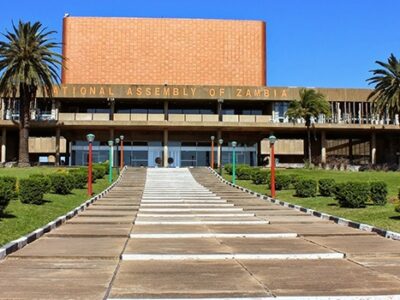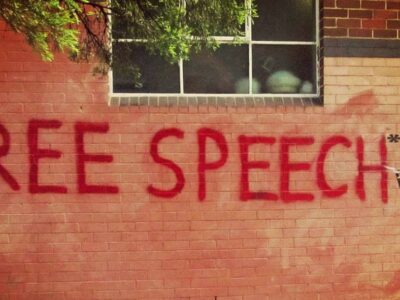Even in countries like South Africa and the United States, where media independence is constitutionally protected, a completely free media environment remains a challenge.
Political interference is often cited as a key factor hindering press freedom across many jurisdictions.
In theory, a free and independent media allows the public to make informed decisions, hold leaders accountable and access diverse opinions without government influence.
Independent media encompasses all forms of media—television, newspapers, or internet-based publications—that operate free from government or corporate control.
However, in Zambia, the question remains: Is the independent media truly independent, given the issues of gatekeeping and regulation?
Zambia has made notable strides in media reforms since returning to multiparty democracy, fostering media pluralism through the issuance of broadcasting licenses.
The country now boasts a diverse media landscape, including public, private, commercial, faith-based and community entities that appear to operate independently.
The advent of new media—online and social platforms—has further bolstered media independence in Zambia, despite these outlets often being criticized for disregarding media ethics.
Read more: Crackdown on online media, Zambia’s digital rights at a crossroads, by Kenneth Lutena
Nonetheless, multiple threats to media independence persist.
One such threat is the Independent Broadcasting Authority (IBA) Act, which requires radio and television stations to submit news and programming clips weekly to the IBA.
This form of media surveillance is seen as promoting self-censorship.
Joyce Lenganji, a media and governance expert, points to a broader pattern of control exerted by the powerful and ruling class in Zambia.
“The powerful and the ruling class continue to control the media through the Public Order Act, IBA Act, hate speech laws, and the Security Act, among others,” Lenganji told Zambia Monitor.
She highlighted that the abuse of these laws had often led to the closure of media houses critical of the government.
A notable instance was the shutdown of Prime Television in the lead-up to the 2021 general elections, an action that was widely condemned as an attack on press freedom.
The enactment of the Cyber Security and Cybercrime Act has further raised concerns about the future of media independence in Zambia.
The current government, led by the United Party for National Development (UPND), has signaled intentions to strengthen this law, potentially making it more punitive and creating an uncertain environment for media practitioners.
The proposed expansion of the IBA Act to include the licensing of podcasts is another move seen as a threat to the independence brought about by new, boundary-less media formats.
Critics argue that such regulations could stifle innovation and reduce the diversity of voices in Zambia’s media landscape.
In light of these issues, media independence in Zambia appears relative rather than absolute. While strides have been made in promoting media pluralism, significant obstacles remain.
Regulatory controls, political interference, and the potential for legal overreach all serve to limit the operational independence of media outlets.
As such, the ongoing discourse around media independence in Zambia is critical for understanding the broader dynamics of press freedom and the role of media in democratic governance.
The situation calls for continued vigilance and advocacy to protect the gains made in media freedom and to address the persistent challenges that threaten to undermine it.
Only through sustained effort and reform can true media independence be realized, ensuring that Zambians have access to a free, fair and robust media landscape.
WARNING! All rights reserved. This material, and other digital content on this website, may not be reproduced, published, broadcast, rewritten or redistributed in whole or in part without prior express permission from ZAMBIA MONITOR.












Comments